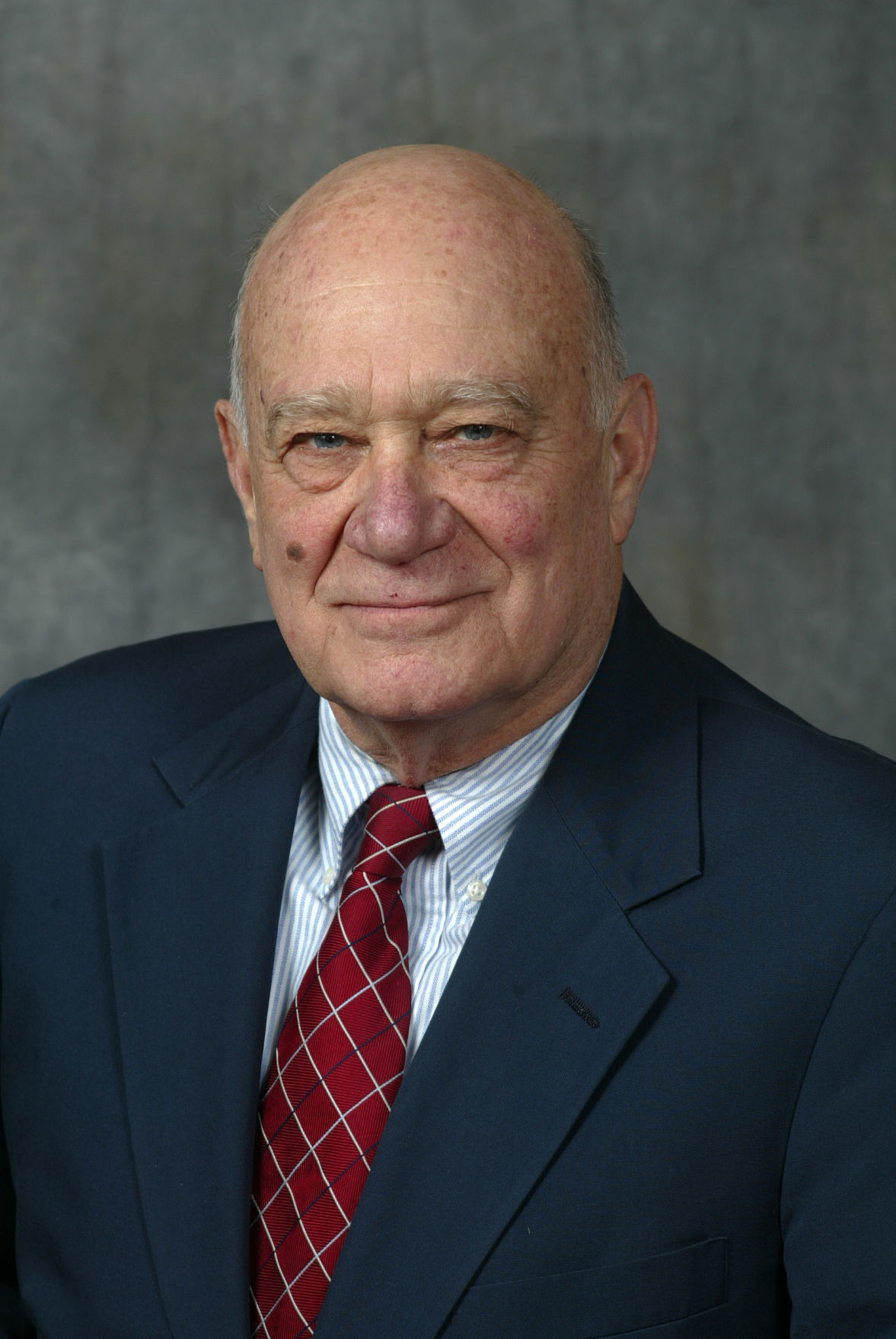A week ago, one of the most diverse groups of people ever assembled at Hofstra University provided a striking example of democratic interaction.
We hear lots of talk about democracy, but we do not witness enough examples of how good it can be.
Sadly, some of the biggest talkers about protecting and advancing democracy fall far short of implementing its principles.
The 150 people who gathered at the Axinn Library were students, elders, folks of many religions, races, and ethnicities.
People from Long Island communities joined students who came to Hofstra from our extensive nation. The empathy in their discourse and the humanity of their values inspired all of us.
They gathered for what was advertised as “A Deliberative Dialogue” concerning “Racism, Islamophobia and the 2016 Election.”
The primary thrust of the two hour program was to examine the quintessential values shared by Americans, as well as to consider how to safeguard them and to make this a better society for everyone.
Participants fulfilled Jacob Bronowski’s dictum: “Knowledge is our destiny.”
People focused strongly on reliable data, on what mattered dearly to them, and on how to foster vigilance to protect those values.
Because the goal of the evening was to encourage thoughtful and informed interaction, the program was structured so the 150 folks would be more than an “audience.”
Four distinguished clerics provided a code of ethics and values from each of their faiths. They were asked to limit their opening views to 5 minutes, and they did so with lucidity, eloquence and passion (informed by empathy).
The initial speakers were:
Rev. Natalie Fenimore (Unitarian Universalist Congregation at Shelter Rock);
Rabbi Michael White (Temple Sinai of Roslyn)
Seemi Ahmed (Muslim Chaplin, Hofstra University)
Rev. Mark Lukens ((Pastor, Bethany Congregational Church)
Next there were questions to the panel and interactive discussions. Following these first two segments were “Roundtable Forums.”
The room had been set up with round tables so that the dialogues could be conducted with eight or 10 people at each location.
This gave the small groups a chance to consider with each other four questions that were posed.
1. How has racism and Islamophobia affected you or people you know?
2. How can individuals and communities respond more effectively to racism and Islamophobia?
3. How do you expect elected officials to deal with racism and Islamophobia?
4. What are your reactions to candidates’ statements on these issues?
We concluded the formal part of the evening by inviting reports from as many tables as time permitted.
A good sign for the evening was the large number of people who stayed to continue their discussions.
The table associations marked the beginnings of friendships for people across the age, religious, race, and ethnic spectra — a striking example of what can be initiated when folks are committed to careful listening and striving for a common good.
The program was enhanced by the participation of Hofstra Peace Fellows, a selected group of outstanding students who spend an entire semester exploring contemporary and historical peace initiatives.
The Peace Fellows program is jointly sponsored by the Hofstra Center for Civic Engagement and The Long Island Alliance for Peaceful Alternatives.
These students examine obstacles and seek ways that they and others can fulfill aspirations of Dr. Martin Luther King, Jr. (he spoke at Hofstra graduation in 1965 and had continuing Long Island ties working with his Roslyn friend, Harry Wachtel).
As Dr. King noted, “Injustice anywhere is a threat to justice everywhere.” The Peace Fellows together with the diverse forum gathering concluded that the best response to irresponsible views was by presenting better views.
Racism and Islamophobia persist on Long Island and elsewhere because of lack of knowledge and lack of association with people from different backgrounds. The clergy speakers and then the table groups affirmed more need to foster shared activities to build relationship bonds.
In the spirit of Dr. King a major challenge is to help people tap their better selves by overcoming ignorance and fear. Dr. King said that the “triple evils” of racism, poverty and war fuel conflict.
The groups at Hofstra concluded that many supporters of Donald Trump reflected economic anxiety and that they lacked realistic knowledge of Long Island Muslims and African-Americans.
A special challenge that Cornel West noted in his book “Race Matters” is that white suburbanites seldom interact with people who are different from them.
Colleges that link community and campus can help provide constructive associations.
Last week’s gathering at Hofstra helps to advance us toward fulfilling E.M. Forster’s injunction “to connect, only connect.”



